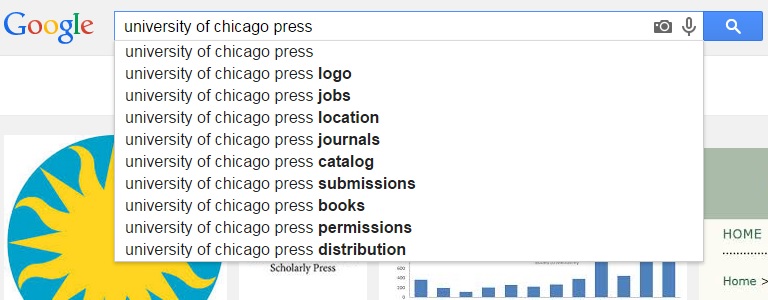The crisis in non-fiction publishing
Bolder. More global. Risk-taking. The home of future stars.
Not a tagline for a well-placed index fund portfolio (thank G-d), but the crux of a piece by Sam Leith for the Guardian on the “crisis in non-fiction publishing”—ostensibly the result of copycat, smart-thinking, point-taking trade fodder that made Malcolm Gladwell not just a columnist, but a brand. As Leith asserts:
We have a flock of books arguing that the internet is either the answer to all our problems or the cause of them; we have scads of books telling us about the importance of mindfulness, or forgetfulness, or distraction, or stress. We have any number about what one recent press release called the “always topical” debate between science and religion. We have a whole subcategory that concern themselves with “what it means to be human.”
Enter the university presses. Though Leith acknowledges they’re still capable of producing academic jargon dressed-up in always already pantalettes, they are also home to deeper, more complex, and vital trade non-fiction that produces new scholarship and nuanced contributions to the world of ideas, while still targeting their offerings to the general reader. If big-house publishers produce brands, scholarly presses produce the sharp, intelligent, and individualized contributions that later (after, perhaps, some mutation and watering down by the conglomerates) establish their fields. Especially nice to see Yale, Harvard, Oxford, Princeton, Cambridge, and UCP called out for their “high-calibre, serious non-fiction of the quality and variety.”
More from the Guardian article:
In natural history and popular science, alone, for instance: Hal Whitehead and Luke Rendell’s amazing book The Cultural Lives of Whales and Dolphins or Brooke Borel’s history of the bedbug, Infested, or Caitlin O’Connell’s book on pachyderm behaviour, Elephant Don, or Christian Sardet’s gorgeous book Plankton? All are published by the University of Chicago. Beth Shapiro’s book on the science of de-extinction, How to Clone a Mammoth? Published by Princeton. In biography, Yale – who gave us Sue Prideaux’s award-winning life of Strindberg a couple of years back – have been quietly churning out the superb Jewish Lives series. Theirs is the new biography of Stalin applauded by one reviewer as “the pinnacle of scholarly knowledge on the subject”, and theirs the much-admired new life of Francis Barber, the freed slave named as Dr Johnson’s heir. Here are chewy, interesting subjects treated by writers of real authority but marketed in a popular way. The university presses are turning towards the public because with the big presses not taking these risks, the stuff’s there for the taking.
You can read more about the University of Chicago Press’s biological sciences list here. And the rest of our titles, organized by subject category, here. Follow the #ReadUP hashtag on Twitter for old and new books straddling the line between accessible scholarship and exciting nonfiction.
